Our thoughts go out to those of you who have been affected by the wildfires in Canada and around the world this summer. Our thanks go out to those who have been working to contain the fires and conserve forest ecosystems as well as homes in the areas affected by wildfires.
Forests are incredibly important.
They provide habitat for wildlife, supply the air we breathe and are a key player in fighting climate change.
- Forests absorb approximately 33 per cent of humans’ carbon emissions from the air and produce oxygen
- One large tree provides a days worth of oxygen for four people
- Forests improve water quality by collecting and filtering rainwater
- It takes 98 trees to absorb one ton of carbon dioxide every year
- Forests keep us healthy by reducing stress for our mental and social well-being
- Globally, forests provide habitat for an estimated 80 percent of all amphibian species, 75 percent of birds and 68 percent of mammals
But what happens when forest fires rage across Canada? What are the impacts? Can a forest bounce back? What can we do? How is climate change interlinked in this? Let’s dive in!
Can Forests Recover After a Significant Event Like Wildfire?
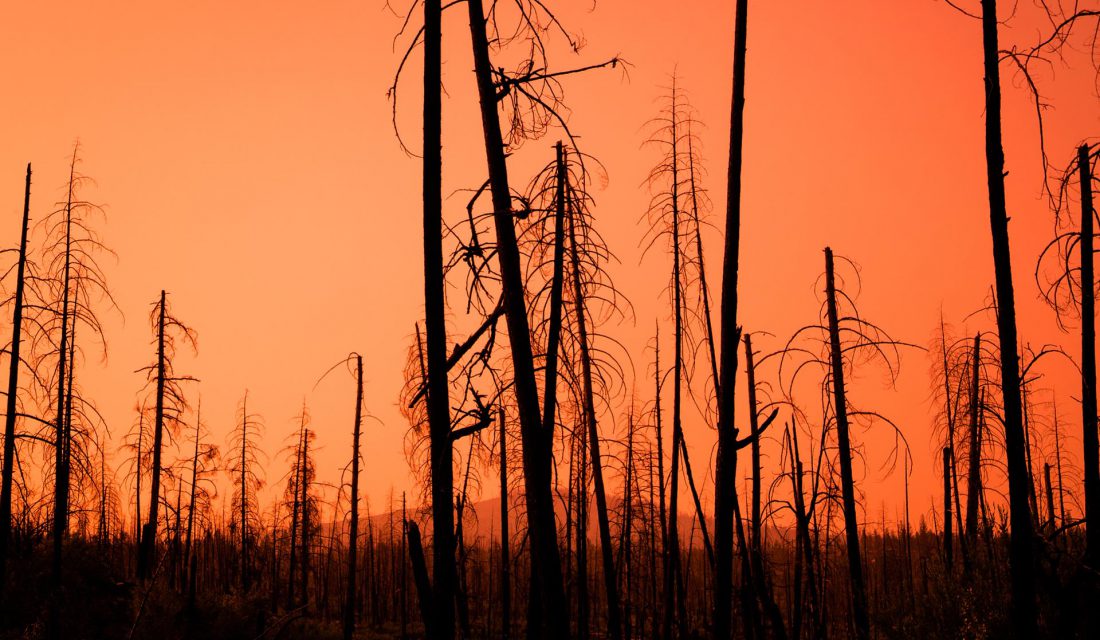
It depends. All ecosystems regenerate after forest fires, but they may not look the same. For some forests, fires are needed to kill off invasive species like spruce budworm. After a fire, early establishing plants and trees come up after a couple of weeks. And typically, the entire forest and trees are not completely burned or dead. Moreover, some trees are fire resistant and benefit from forest fires. For example, some conifer trees like the Lodgepole Pine, need forest fires to open the cones to release seeds.
Forest resiliency plays a fundamental role in a forest’s ability to recover from nature and/or man-made disasters, like forest fires for example. How forests will be able to recover from disturbances is heavily influenced by how they are managed.
Long term changes in forest resiliency, on the other hand, will be more affected by climate patterns.
It seems that a large proportion of forest areas are increasing their ability to create more plant material. Good news right? Well at the same time they’re creating new plants, they’re also becoming more and more vulnerable to damage and disturbances and that makes them less resilient. Scientists are seeing evidence of this when they observe a boost in tree mortality and also the growth of carbon storage.
At the end of the day, forests that are managed by humans and forests that have remained untouched have undergone pretty significant changes in how resilient they are mainly due to climate patterns. Forests like tropical, temperate and arid forests have become less resilient – most likely because of increased water limitations and also fluctuations in climate. In the boreal area, forests are doing much better. A warming climate and carbon fertilization have actually increased their resilience. However, that resilience comes at a major cost. They may be able to recover, but these forests end up far more vulnerable to disturbances. That means they’re more susceptible now to impacts. And goodness knows there are a lot of impacts they need to deal with. About 36 per cent of forests the world over are dealing with both an increase in photosynthesis and also higher tree mortality.
What Can Canadians do to Fight Forest Fires?
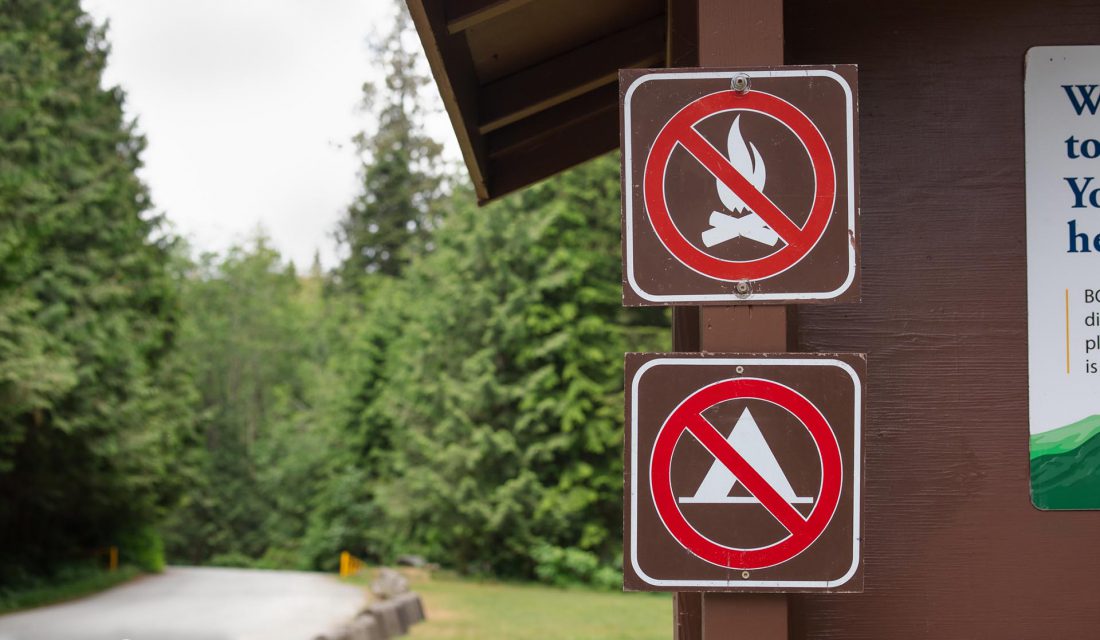
The best thing we can do is prevent the forest fire before it starts. Some fires are a natural process (like lightning strikes) but a lot of it is human caused. Here are a few suggestions to make sure you are being responsible!
- Do find out if there are campfire, fireworks or barbeque bans in your area and follow all the guidelines carefully.
- If campfires are allowed, clear the area around your fire of any flammable materials.
- Don’t burn if it’s too windy and pour water on your fire to make sure it’s completely extinguished.
- Do follow any fire ban smoking policies that have been put in place. If smoking is permitted make sure any cigarette butts are completely extinguished.
- Do park on gravel instead of very dry grass.

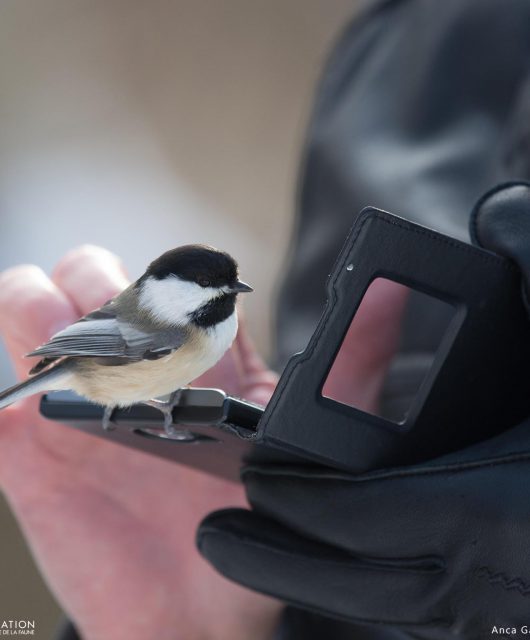
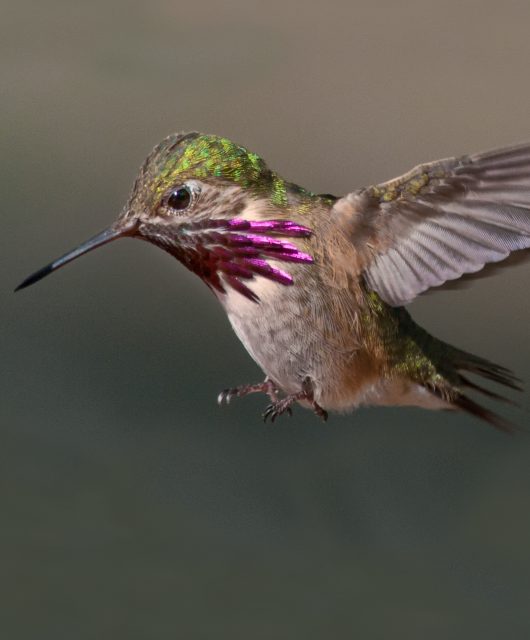
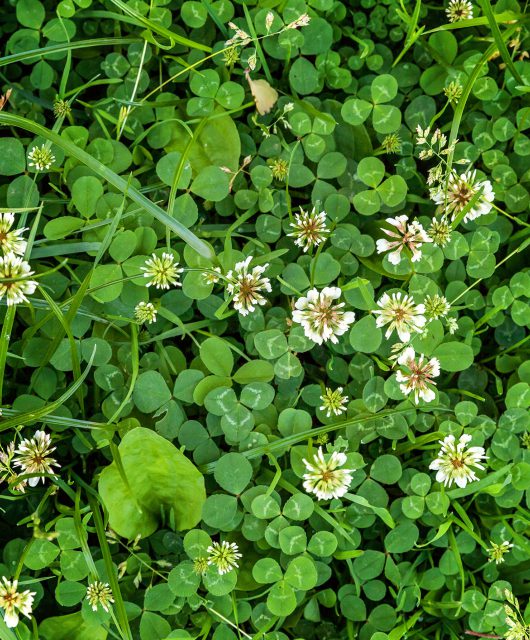
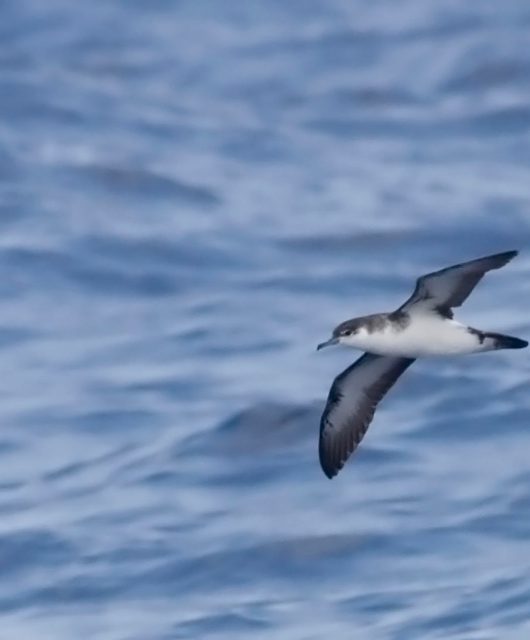

1 comment
“Bambi” remins in my emotional memory. How many insects, beasts and birds escape the holocaust?